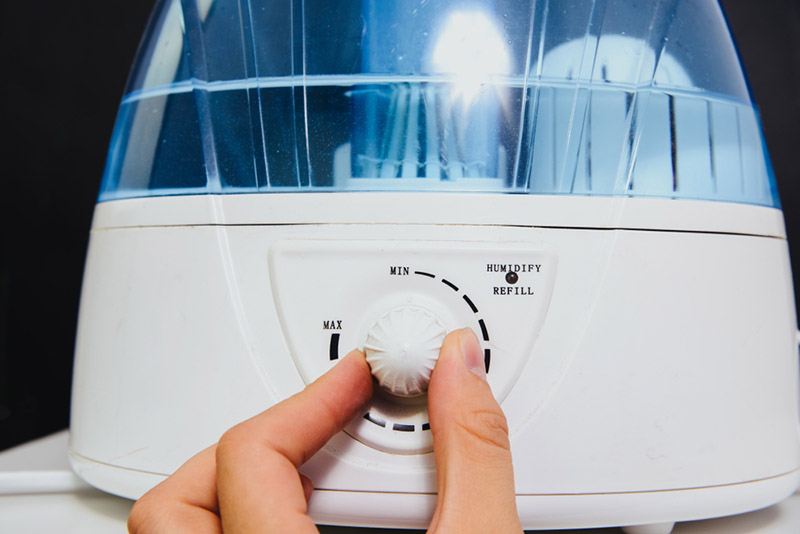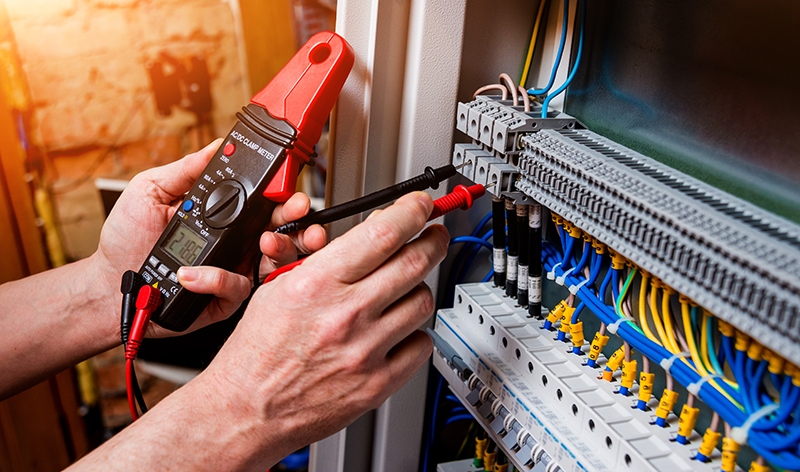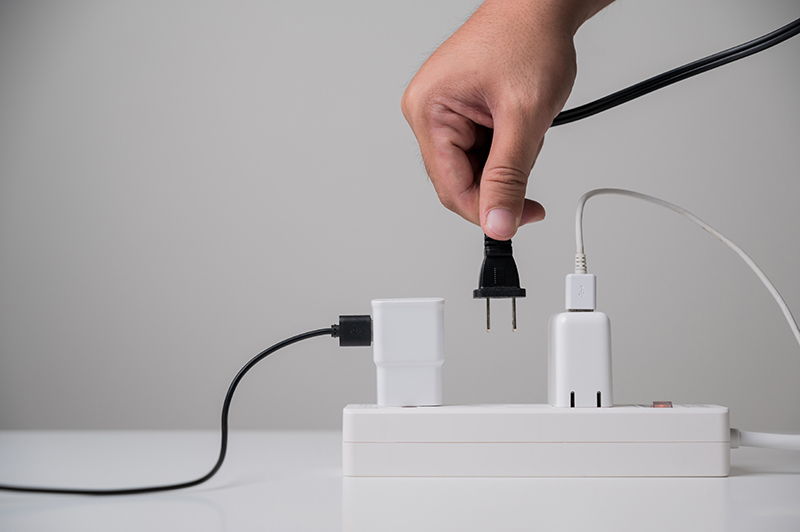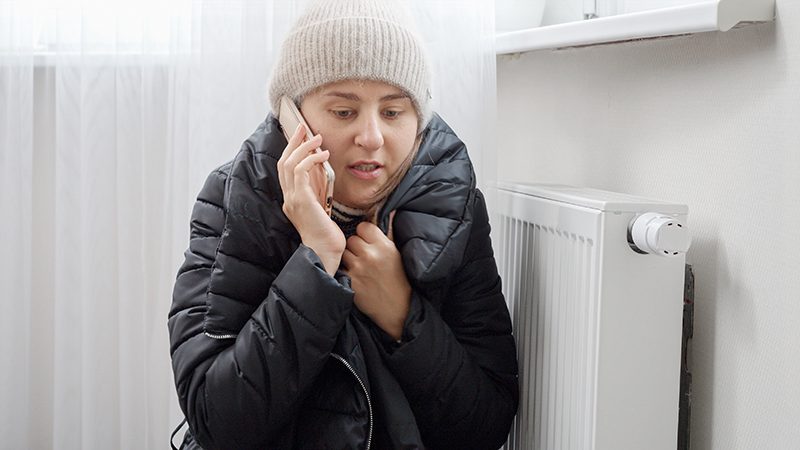Should You Use a Humidifier or Dehumidifier for Winter?
The first thing most people think of when it comes to winter is heat. But, there is another element to indoor air quality and comfort you can’t overlook. Keeping the humidity in your home balanced in the winter prevents mold and health issues . You’ll also find your home far more comfortable with the right humidity level. Having the right amount of humidity prevents static electricity and dry air.
Humidifier vs. Dehumidifier in Winter
First, know how the seasonal changes affect your home’s relative humidity levels. Most homes should have a relative humidity level of 40 to 50 percent. This may fluctuate depending on the humidity levels outside. Cold winter air is dry, so you will want to use a humidifier in the winter more than dehumidifier.
The more cold air that enters your home, the drier your indoor air will be. Weather-stripping is a good way to patch up any leaks or holes. These leaks or holes could be causing drafts and making your air drier.
A humidifier can add some moisture to the air. This makes it more comfortable to breathe and makes your home feel warmer. Most modern humidifiers have gauges that can tell you the current humidity level. Another way to see if you have too much humidity during winter is to see if condensation appears on the windows.
Signs You Need a Humidifier
You shouldn’t add a humidifier to your home because you think it will only improve your air quality. In fact, too much humidity can cause health problems. It can introduce more bacteria and mold into your home.
You may want to use a humidifier if:
- Your home is not well-insulated and has dry, cold air.
- Family often experiences chapped lips, nose bleeds or dry skin and hair.
- There is a lot of static electricity.
- There are cracks in wood floor panels or furniture.
The Right Humidity Levels for Winter
If you use a dehumidifier for health reasons, don’t lower your home’s relative levels below 30%. At this level, frost and moisture can accumulate. This can lead to major damage to both your HVAC system and property. Most well-insulated homes will not need a humidifier or dehumidifier during the winter. If you use one because of poor indoor air quality, you need to call an HVAC professional.
Contact Cahill Heating, Cooling, Electric, Plumbing & Sewer, Air Conditioning, and Electric to prepare your home for winter. Schedule an appointment with one of our HVAC technicians. We will make sure your system is ready to warm your home and keep your family comfortable all winter long.








